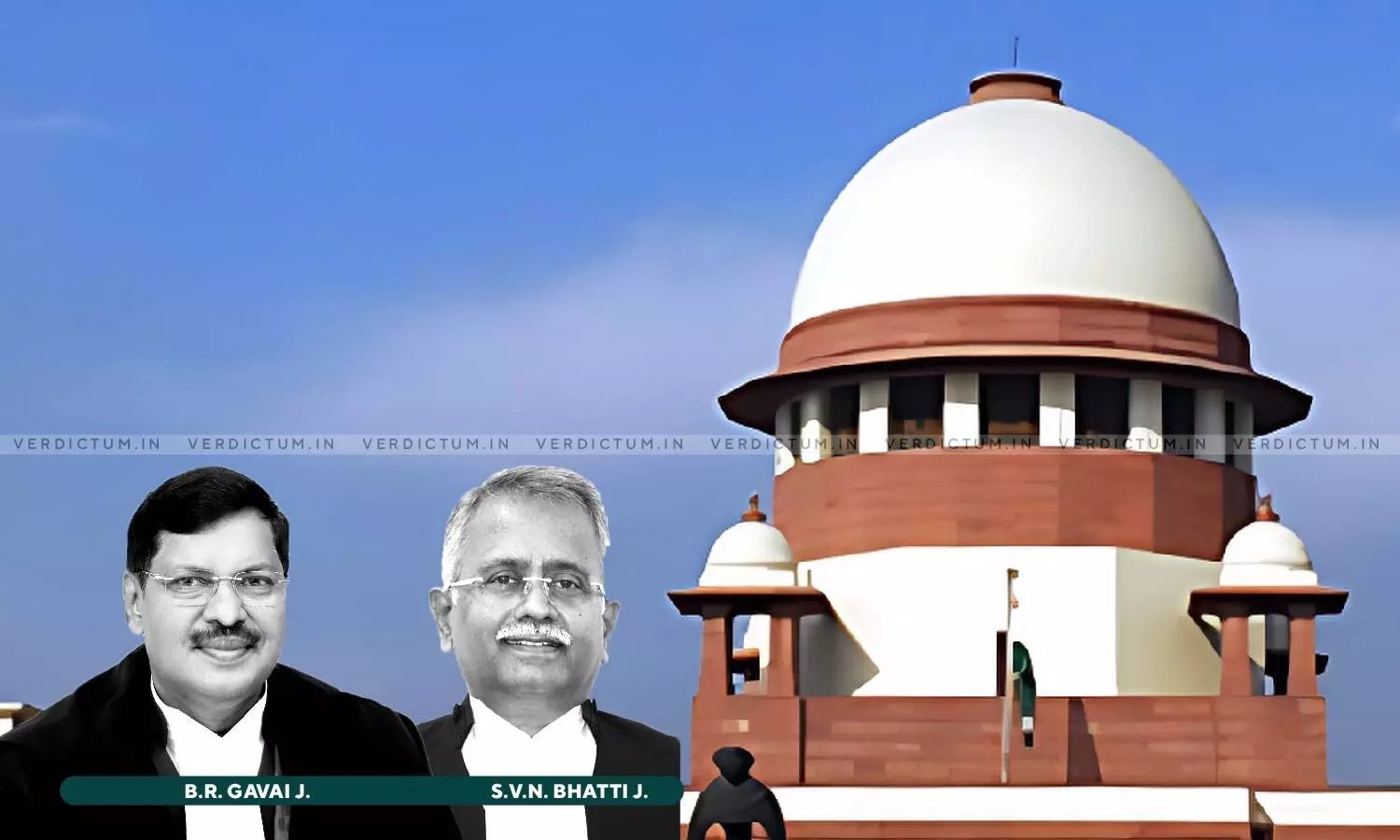
Supreme Court Allows Landowners To Retain Amenity Space With 100-Year-Old Trees, Orders Transfer Of Replacement Land
 |
|The Supreme Court has permitted the landowners (respondents) to retain amenity space containing 100-year-old trees as per their alternate prayer. The Court has ordered the landowners and plot holders to make a representation to the Municipal Council, requesting the transfer of an equivalent piece of land in exchange for the amenity space.
This direction was issued under Article 142 of the Constitution, to protect the century-old trees while resolving the legal dispute over land usage. The Court however allowed the appeals and upheld the doctrine of election and the principle of delay and laches. The appeals challenged a common judgment by the Division Bench of the Bombay High Court. This judgment had partially allowed a petition filed by the landowners, which challenged a government notification, converting their land from a 'No Development Zone' to a 'Residential/Commercial Zone' subject to certain conditions.
A two-judge Bench of Justice B.R. Gavai and Justice S.V.N. Bhatti said, “Insofar as the writ petition filed by the landowners is concerned, apart from there being a delay of about 14 years in approaching the High Court, the said writ petition was also liable to be dismissed in view of the doctrine of election.”
The landowners and plot holders, in the event of the Supreme Court allowing these appeals, had made a reasonable offer to retain the amenity space containing century-old trees. They had proposed to transfer an equivalent piece of land in the same area to the Municipal Council. The Court thus allowed them to submit this request to the Municipal Council, which will consider it in accordance with the law.
The appellant in both appeals was the Shirdi Nagar Panchayat (Municipal Council). Respondent No. 1 and 2 in one appeal were the original landowners, and respondents in the other appeal were the subsequent plot holders.
The dispute arose from the conversion of land in 2004, with conditions requiring the Municipal Council to receive 10% open space and 10% amenity space. The landowners obtained permission for development, and agreements were made, including transferring land to the Municipal Council. The land was later divided into plots and sold.
In 2012, the Municipal Council sought possession, leading to a civil suit. During this time, the landowners challenged the Municipal Council's ownership of open and amenity spaces in revenue records, which was rejected by authorities. The landowners then amended their suit to challenge the 2004 Government Notification.
In 2018, the Municipal Council passed a resolution for development, leading to petitions in the High Court by the landowners and plot holders. The High Court's 2019 judgment partially allowed the plot holders' petition, leading to these appeals.
Advocate Sanjay Kharde, appeared for the Municipal Council, Advocate Amol Gavali appeared for the landowners, Advocate Pradnya Talekar appeared for the plot holders, and Advocate Aaditya Aniruddha Pande appeared for the State.
The Supreme Court allowed the appeals finding merit for multiple reasons. Firstly, the Court found that the landowners' writ petition was liable to be dismissed due to a significant delay of about 14 years in approaching the High Court and the doctrine of election. Secondly, the Court pointed out that the landowners, who initially benefited from the 2004 Government Notification by having their land converted, could not challenge the same notification later. Lastly, the Court said that the plot holders should not have been allowed to challenge the notification because they purchased the plots with full knowledge of the reservation of 10% of land for the Municipal Council.
The Court clarified that the High Court's reliance on a previous case of Pt. Chet Ram Vashist was misplaced, as the circumstances were different, and the conditions imposed by the state when converting the land were legally acceptable.
As a result, the Supreme Court allowed the appeals, quashed the High Court's judgment, and dismissed the plot holders' writ petition
Cause Title: Shirdi Nagar Panchayat v. Kishor Sharad Borawake & Ors., [2023INSC851]
Click here to read/download Judgment